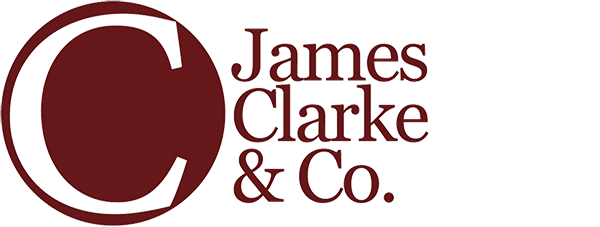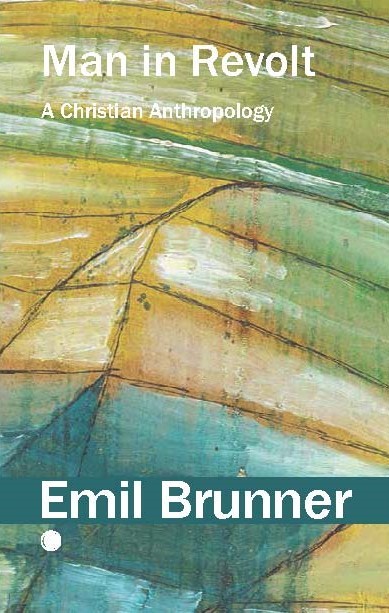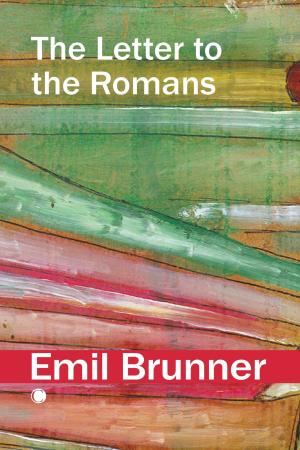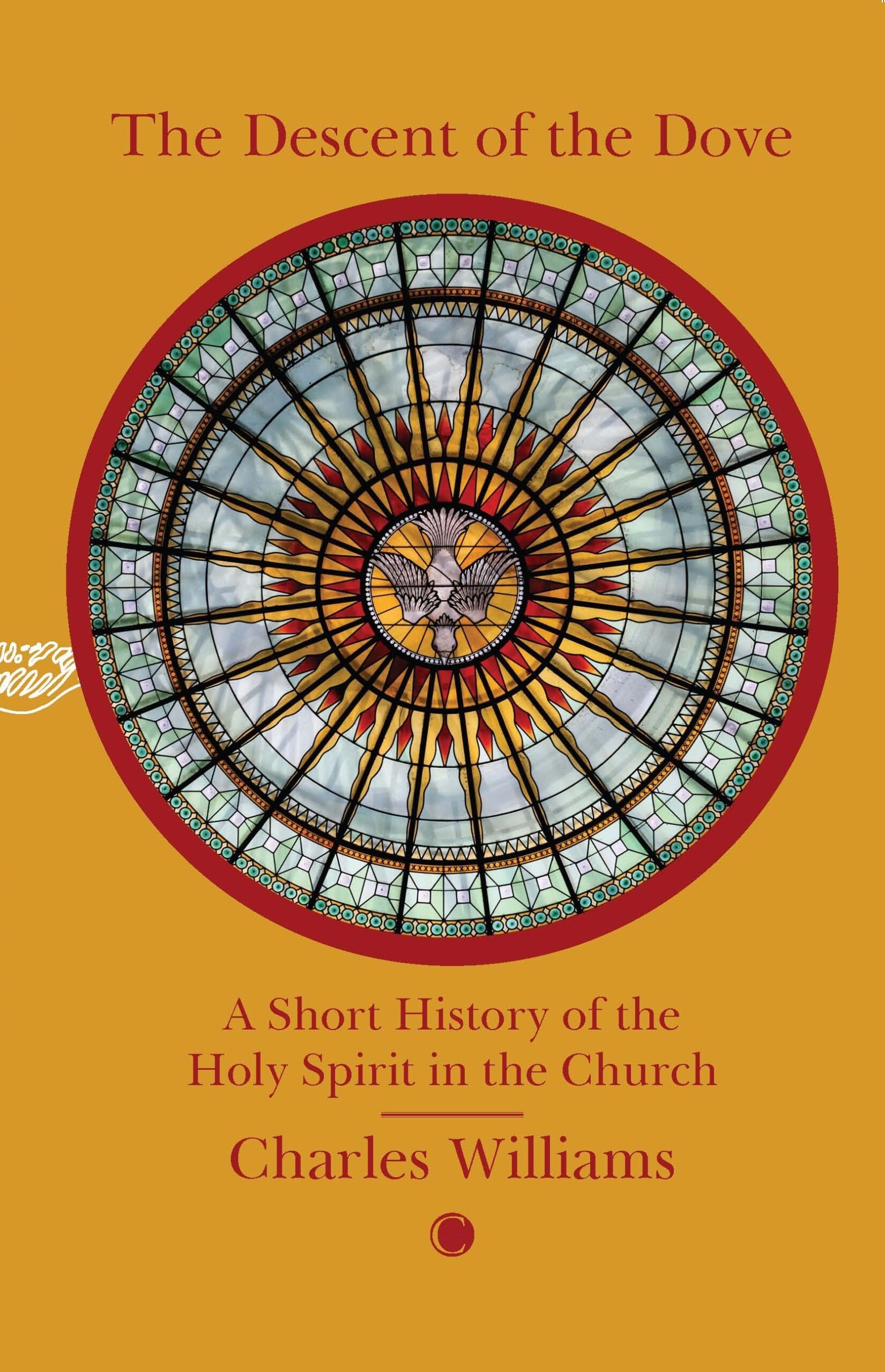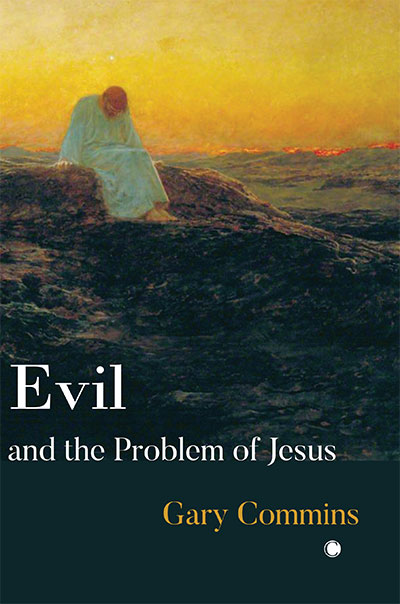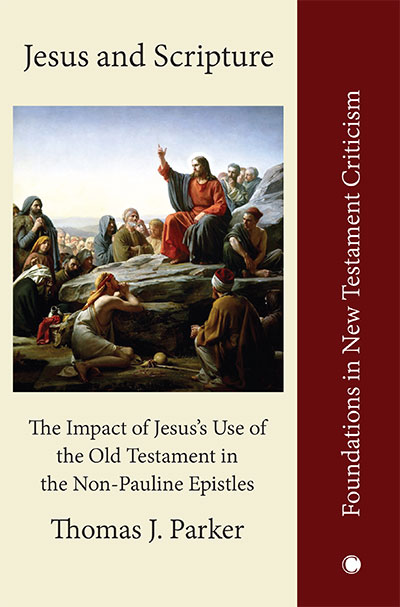Description
In Emil Brunner’s treatise on the nature of mankind he explores what Darwin, Nietzsche, Marx and Freud, despite their differences, all overlooked: the contradiction at the heart of human experience. This contradiction is comprehensible only through a God who illuminates what we should be, who makes communication possible through his Word and our ability to respond. A transcendent, metaphysical exploration of the human condition, in Man In Revolt Brunner centres the Biblical doctrine of humankind to reveal the truth being sought in the endless human search for understanding.
Focussing on responsibility as the key to personality, Brunner explores how an understanding of ourselves as created in the image of God offers an insight into our responsibility. With profound penetration and power, he considers the timeless questions of individuality and community, men and women, and our souls and bodies. An incisive and enduring work, Man in Revolt brings Brunner’s piercing argument to the question at the centre of our understanding of ourselves – and our relation to the world we live in.
About the Author
Emil Brunner (1889-1966) was one of the leading theologians of the twentieth century, and helped pave the course of modern Protestant theology.
He was Professor of Systematic and Practical Theology at the University of Zürich and lectured around the world. His extensive writings published by James Clarke & Co. include The Letter to the Romans and Dogmatics.
Contents
Author’s preface (to the German Edition)
Translator’s Note
Introduction: The Question of Man
1. The Riddle of Man
2. Man’s Own View of his Significance
3. The Variety of the Views of Man
Main Section 1: Foundations
4. The Presuppositions of the Christian Doctrine of Man
(a) The Word of God as the Source of Knowledge
1. Knowledge without Presuppositions?
2. The Princi ple of Empirical Criticism
3. Man viewed from ‘above’ his Pre sent Existence
4. The Forms in which the Word of God is expressed
5. Natural Knowledge and the Knowledge of Faith
(b) The Word of God as the Source of Being
1. The Word of God as the Ground of Being
2. The Being of God: the Trinity
3. The Will of God: the Decree of Election
4. The Work of God: Creation and Redemption
5. The Origin: The Imago Dei
(a) The Problem
1. The Starting Point
2. The Classical Doctrine
3. The Scientific Situation and Task
(b) Man as Creation
(c) The Image of God
1. The Historical Heritage
2. The Fundamental Terms of the Imago Doctrine
3. Historical Retrospect
4. The Imago Dei and the Being of Man
5. Community in the Concrete
6. The ‘Thou’ as the Boundary
7. The Body and the World
8. The Citizen of Two Worlds
9. The New Doctrine and the Ancient Doctrine
10. Religious or Rationalistic Mythology?
6. The Contradiction: The Destruction of the Image of God
1. The Problem: the Contradiction
2. The Ecclesiastical Doctrine
3. The Reaction of Modern Theology
4. Radical Evil
5. The Primal Contradiction: the Fall
6. The Irreparable
7. The Perversion of Man’s Nature
8. Solidarity in Sin
9. The Ele ments of Truth and Error in the Ecclesiastical Doctrine
10. Original Sin and Sins of Act
11. Greater and Lesser Sins: the Ethically Good
12. The Origin, the Contradiction, and the Law
13. The Wrath of God and Existence- unto- Death
7. The Conflict between the Origin and the Contradiction in Man: Man as he Actually Is
1. The New State of the Prob lem
2. The Traces of the Image of God and of the ‘Greatness of Man’
3. The Manifestations of the Contradiction and the ‘Misery of Man’
4. The Manifestations of the Contradiction as such
(a) The Conflict of opinions and the Attempt to construct a Synthesis
(b) The Recognition and the Interpretation of the Contradiction in non- Christian Thought
(c) Certain Particular Phenomena which Manifest the Contradiction
8. The Objections to the Christian Doctrine, and the Retrospective Question from the Standpoint of Actual Experience
Main Section 2: Development of the Theme
9. The Unity of Personality and Its Decay
1. The Unity of Personality
2. The Decay of Personal Unity
10. The Human Spirit and the Human Reason
1. The Spirit of God and the Spirit of Man
2. The Rational Idea of God
3. God and Ideas
4. The Creaturely Aspect of Reason
5. The Values and the Creative Element
6. The Intellect
7. Feeling and Mysticism
8. The Spirit of Man and Evil
11. The Problem of Freedom
1. The Philosophy of Freedom and Unfreedom
2. The Christian Understanding of Freedom
3. The Christian View of Unfreedom
4. The Humanistic Objections
5. Points of Divergence from the traditional Doctrine
12. The Individual and the Community
1. Individual and Individuality
2. The Ground of Self- Value
3. Self- Responsibility and its Negation
4. Vari ous Forms of Association; Community
5. Basis of Genuine Community
6. Community and Self- Existence
7. Collectivism
8. The Understanding of Community outside the Christian Faith
13. Character and Varieties of Character
1. Character as Act
2. Character as a Middle Term
3. The Ambiguity of Character
4. Varieties of Character
5. The Overcoming of Character in Faith
14. Individuality and Humanity
1. The General Prob lem of Individuality
2. The General Prob lem of Humanity
3. Race and Humanity
4. The Psychical and Mental Individuality of the Individual
5. Genius and the ‘Average Man’
15. Man and Woman
1. The Sex Difference as Creation
2. The Rent, Shame and Longing
3. The Masculine and the Feminine Nature
4. Sex and Humanity
5. The Prob lem of Order
16. Soul and Body
1. Soul and Spirit
2. The Body
3. Theories of the Relation between Body and Soul
4. The Meaning of the Body in the Light
of the Creation
5. Nature and Creation
17. The Growth of Man and the Doctrine of Evolution
1. The Three Forms of the Idea of Evolution
2. Hypothesis and Knowledge
3. The Limits of Ge ne tic Thought
4. Evolution, Creation and Sin
5. Growth and Spiritual Being
18. Man in the Cosmos
1. The Threefold Boundary
2. Man in the Centre of the World
3. Man and the Animals
4. Man in Infinite Space
5. The World and its Meaning
6. The Historical and the Non- historical View of the Universe
7. The Modern Myth
8. Pantheism and Responsibility
9. The Ele ment of Decision
19. Man in History
1. The Philosophy of History and the Christian
Understanding of History
2. The Person as Historical
3. The Personal Meaning of History
4. World History and Redemption
20. Man in his Earthly Life; and Death
1. The Natural Understanding of Death and of Eternal Destiny
2. The Eternal Destiny
3. Mortality and Existence- unto- Death
4. Eternal Death
5. The Conquest of Death
Epilogue: The Removal of the Contradiction between
Man as he Actually is, and Man as he is Intended to be
Appendices
Appendix 1: The Image of God in the Teaching of the
Bible and the Church
Appendix 2: On the Dialectic of the Law
Appendix 3: The Problem of ‘Natural Theology’ and the ‘Point of Contact’ (Anknupfung)
Appendix 4: Philosophical and Theological Anthropology
Appendix 5: The Understanding of Man in Ancient
Philosophy and in Christianity
Index
